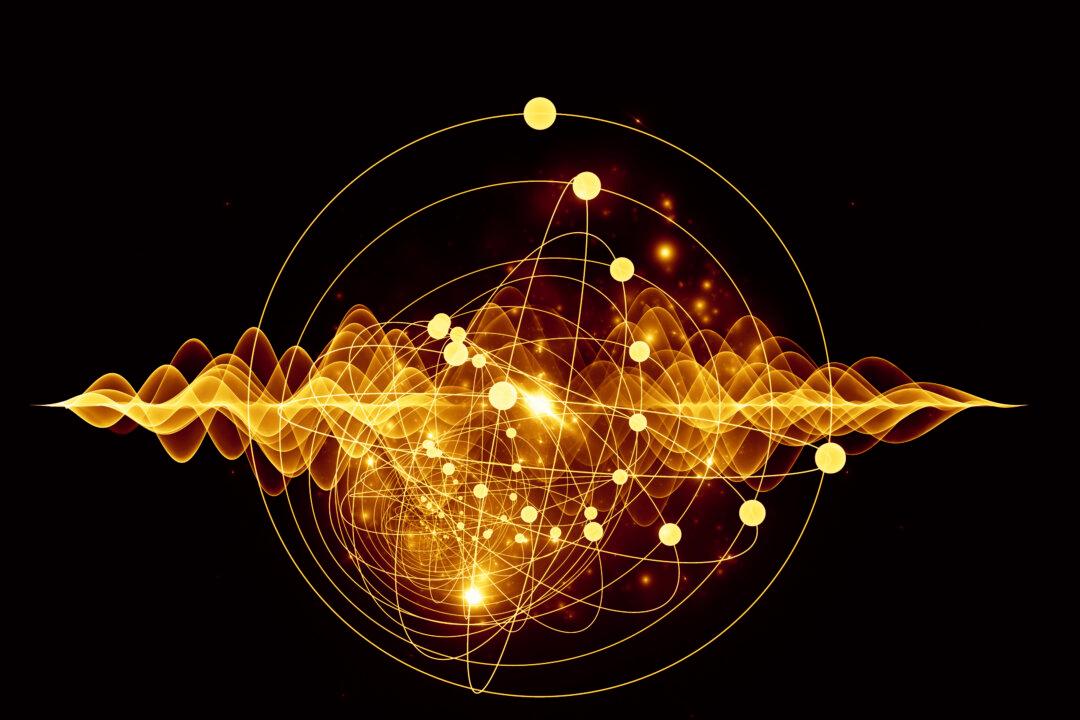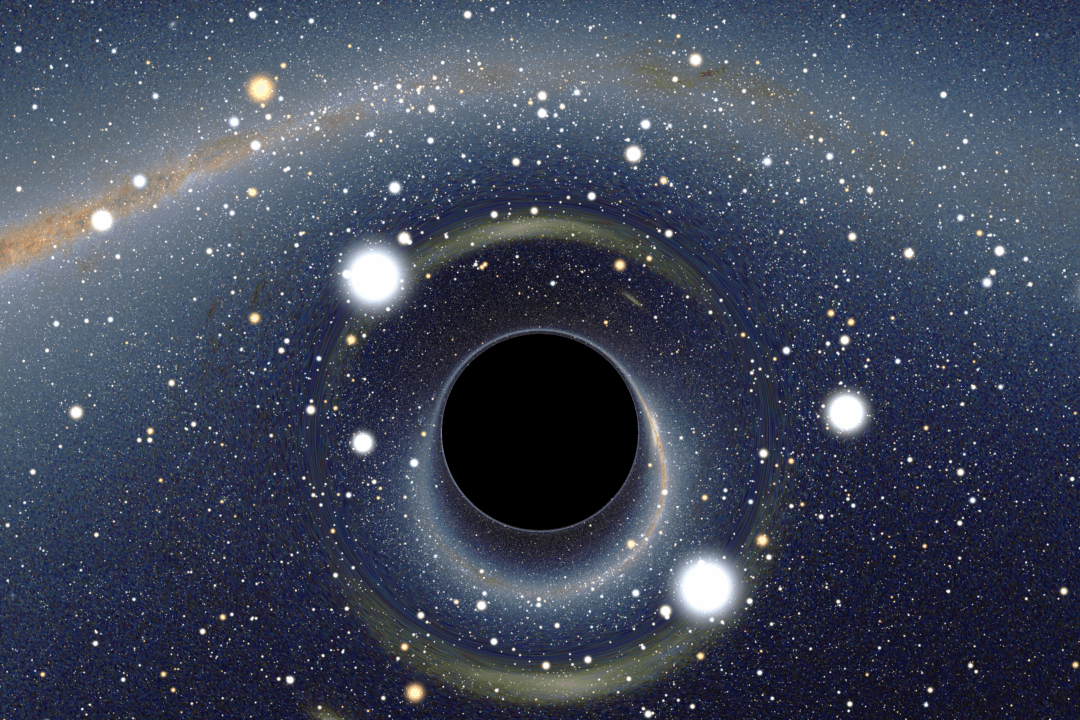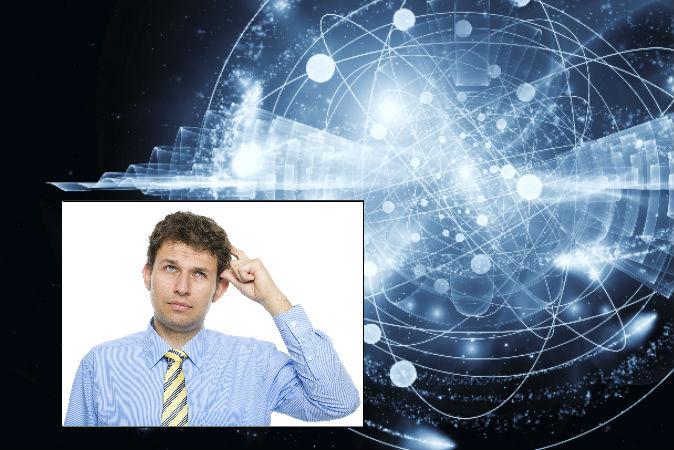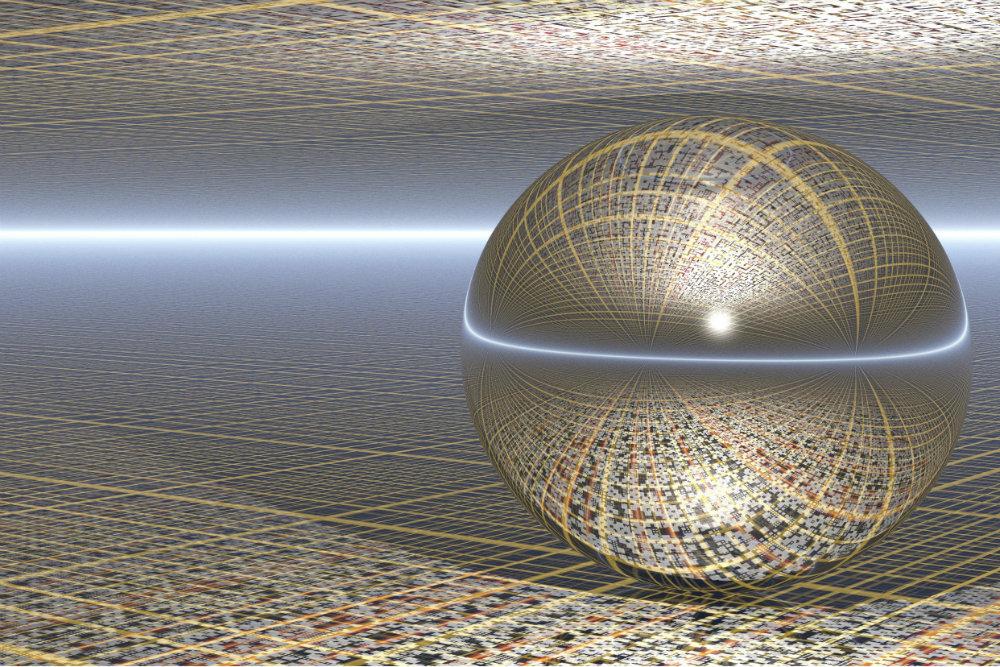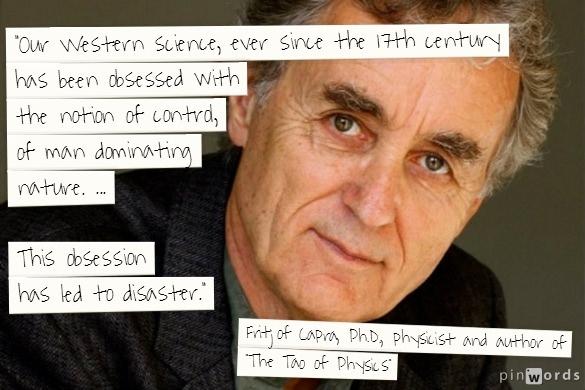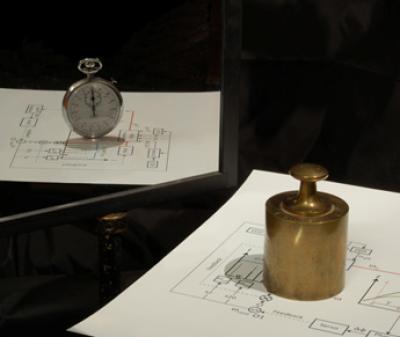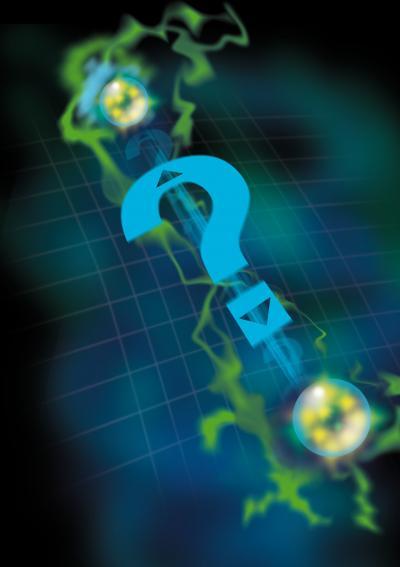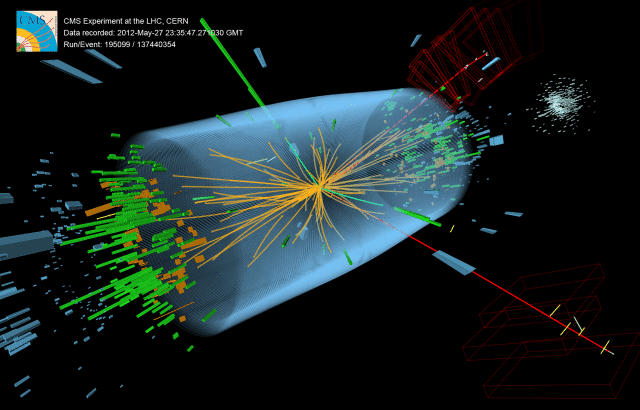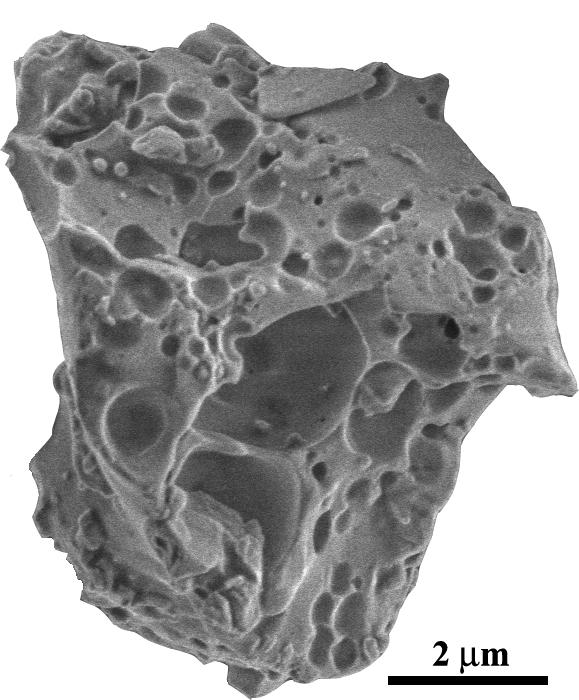Focus
quantum mechanics
LATEST
Is Anything Truly Random or Is There an Underlying Order to Everything?
In modern physics, certain quantum processes are deemed fundamentally random. But are they for sure?
|
Quantum Mechanics Has Reached Limit, Says Stanford Scientist Who Offers Alternative
“Many of the outcomes from today’s experiments are requiring weirder and weirder explanations,” says Dr. William Tiller.
|
The Theory of Parallel Universes Is Not Just Math – It Is Science That Can Be Tested
The existence of parallel universes may seem like something cooked up by science fiction writers, with little relevance to modern theoretical physics.
|
Is Hawking Any Closer to Solving the Puzzle of Black Holes?
Stephen Hawking said something! And again the international media is all a'buzz.
|
How Quantum Mechanics Can Make Soundproofing
A mechanical use of a quantum mechanical phenomenon could soon be used for soundproofing.
|
4 Common Misconceptions About Quantum Physics
A lot of people are vaguely aware of what quantum physics is all about. Let’s get a clearer picture.
|
Quantum Camera Sheds Light on ‘Spooky’ Physics
Scientists have used a “Quantum Entanglement Camera” to demonstrate a phenomenon Einstein called “spooky action at a distance.”
|
A Physicist’s View of the Afterlife: Weird Quantum Physics
Dr. Alan Ross Hugenot has spent decades contemplating the conundrums of physics, along with the enigma of human consciousness.
|
8 Scientists Contemplate Place of Human Consciousness in Science
Many have suggested that scientists must face the enigma and challenges of understanding consciousness for science to make it’s next big leap.
|
Do Inanimate Objects Have Thoughts and Feelings?
Scientists and philosophers have long debated what level of consciousness, if any, animals and plants have. Some philosophers have even questioned the existence of all but their own minds, being unable to say with absolute certainty that other human beings have consciousness. These questions all relate to beings we label as “living” or “organic.”
|
Can Our Minds Control Electronic Devices?
Princeton Engineering Anomalies Research Lab (PEAR) at Princeton University is famous for experiments it conducted showing our minds may actually affect the operations of electronic devices.
|
Why the Watched Pot May Actually Never Boil, According to Quantum Physics
Researchers have found that the act of measuring some particles can either stop or speed up the particles’ decay. Measuring more frequently inhibits the decay. It’s like the proverbial watched pot that never boils.
|
3 Concepts Ancient Chinese Science Grasped, Modern Physics Is Just Learning
Neils Bohr, a pioneer of quantum mechanics, chose the Taoist yin-yang symbol for his coat of arms. He isn’t the only great modern physicist to find inspiration in ancient Chinese science.
|
10 Quotes Everyone Interested in Science or Philosophy Should Read, Ponder
From Albert Einstein to Carl Sagan to Niels Bohr, many great physicists also had a way with words. The fields of philosophy and science are linked by curiosity. Read these quotes that will make you reflect on the nature of science and the universe.
|
Quantum Rocks Can Tell Time
A physics professor has invented a new way to make a clock using cesium atoms based on quantum mechanics and the wave-particle duality of matter.
|
Hidden Influence Inequality: New Approach to Quantum Theory
Trying to explain quantum “spooky action at a distance” using any kind of signal puts Einstein’s relativity against our concept of a smooth spacetime.
|
Warp-Speed Travel Moves Closer to Reality
Researchers at NASA’s Johnson Space Center (JSC) are carrying out lab-scale experiments to create tiny space-time warps with an aim to eventually achieving “Star-Trek”-style interstellar space travel.
|
CERN Says New Particle Is Probably Higgs Boson
The European Organization for Nuclear Research (CERN) has shown a particle with a mass which matches that of the hypothesized Higgs boson or so-called god particle.
|
Nanoparticles in Moon Glass May Solve Topsoil Mystery
The strange properties of the moon’s soil could be due to meteorites creating and smashing glass bubbles containing ultrafine particles on the lunar surface.
|
Is Anything Truly Random or Is There an Underlying Order to Everything?
In modern physics, certain quantum processes are deemed fundamentally random. But are they for sure?
|
Quantum Mechanics Has Reached Limit, Says Stanford Scientist Who Offers Alternative
“Many of the outcomes from today’s experiments are requiring weirder and weirder explanations,” says Dr. William Tiller.
|
The Theory of Parallel Universes Is Not Just Math – It Is Science That Can Be Tested
The existence of parallel universes may seem like something cooked up by science fiction writers, with little relevance to modern theoretical physics.
|
Is Hawking Any Closer to Solving the Puzzle of Black Holes?
Stephen Hawking said something! And again the international media is all a'buzz.
|
How Quantum Mechanics Can Make Soundproofing
A mechanical use of a quantum mechanical phenomenon could soon be used for soundproofing.
|
4 Common Misconceptions About Quantum Physics
A lot of people are vaguely aware of what quantum physics is all about. Let’s get a clearer picture.
|
Quantum Camera Sheds Light on ‘Spooky’ Physics
Scientists have used a “Quantum Entanglement Camera” to demonstrate a phenomenon Einstein called “spooky action at a distance.”
|
A Physicist’s View of the Afterlife: Weird Quantum Physics
Dr. Alan Ross Hugenot has spent decades contemplating the conundrums of physics, along with the enigma of human consciousness.
|
8 Scientists Contemplate Place of Human Consciousness in Science
Many have suggested that scientists must face the enigma and challenges of understanding consciousness for science to make it’s next big leap.
|
Do Inanimate Objects Have Thoughts and Feelings?
Scientists and philosophers have long debated what level of consciousness, if any, animals and plants have. Some philosophers have even questioned the existence of all but their own minds, being unable to say with absolute certainty that other human beings have consciousness. These questions all relate to beings we label as “living” or “organic.”
|
Can Our Minds Control Electronic Devices?
Princeton Engineering Anomalies Research Lab (PEAR) at Princeton University is famous for experiments it conducted showing our minds may actually affect the operations of electronic devices.
|
Why the Watched Pot May Actually Never Boil, According to Quantum Physics
Researchers have found that the act of measuring some particles can either stop or speed up the particles’ decay. Measuring more frequently inhibits the decay. It’s like the proverbial watched pot that never boils.
|
3 Concepts Ancient Chinese Science Grasped, Modern Physics Is Just Learning
Neils Bohr, a pioneer of quantum mechanics, chose the Taoist yin-yang symbol for his coat of arms. He isn’t the only great modern physicist to find inspiration in ancient Chinese science.
|
10 Quotes Everyone Interested in Science or Philosophy Should Read, Ponder
From Albert Einstein to Carl Sagan to Niels Bohr, many great physicists also had a way with words. The fields of philosophy and science are linked by curiosity. Read these quotes that will make you reflect on the nature of science and the universe.
|
Quantum Rocks Can Tell Time
A physics professor has invented a new way to make a clock using cesium atoms based on quantum mechanics and the wave-particle duality of matter.
|
Hidden Influence Inequality: New Approach to Quantum Theory
Trying to explain quantum “spooky action at a distance” using any kind of signal puts Einstein’s relativity against our concept of a smooth spacetime.
|
Warp-Speed Travel Moves Closer to Reality
Researchers at NASA’s Johnson Space Center (JSC) are carrying out lab-scale experiments to create tiny space-time warps with an aim to eventually achieving “Star-Trek”-style interstellar space travel.
|
CERN Says New Particle Is Probably Higgs Boson
The European Organization for Nuclear Research (CERN) has shown a particle with a mass which matches that of the hypothesized Higgs boson or so-called god particle.
|
Nanoparticles in Moon Glass May Solve Topsoil Mystery
The strange properties of the moon’s soil could be due to meteorites creating and smashing glass bubbles containing ultrafine particles on the lunar surface.
|


